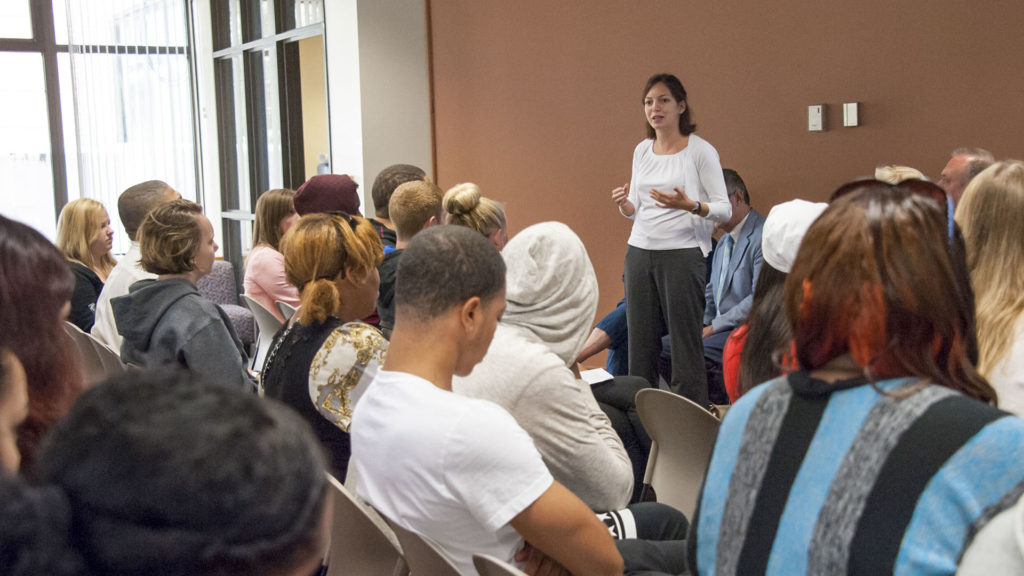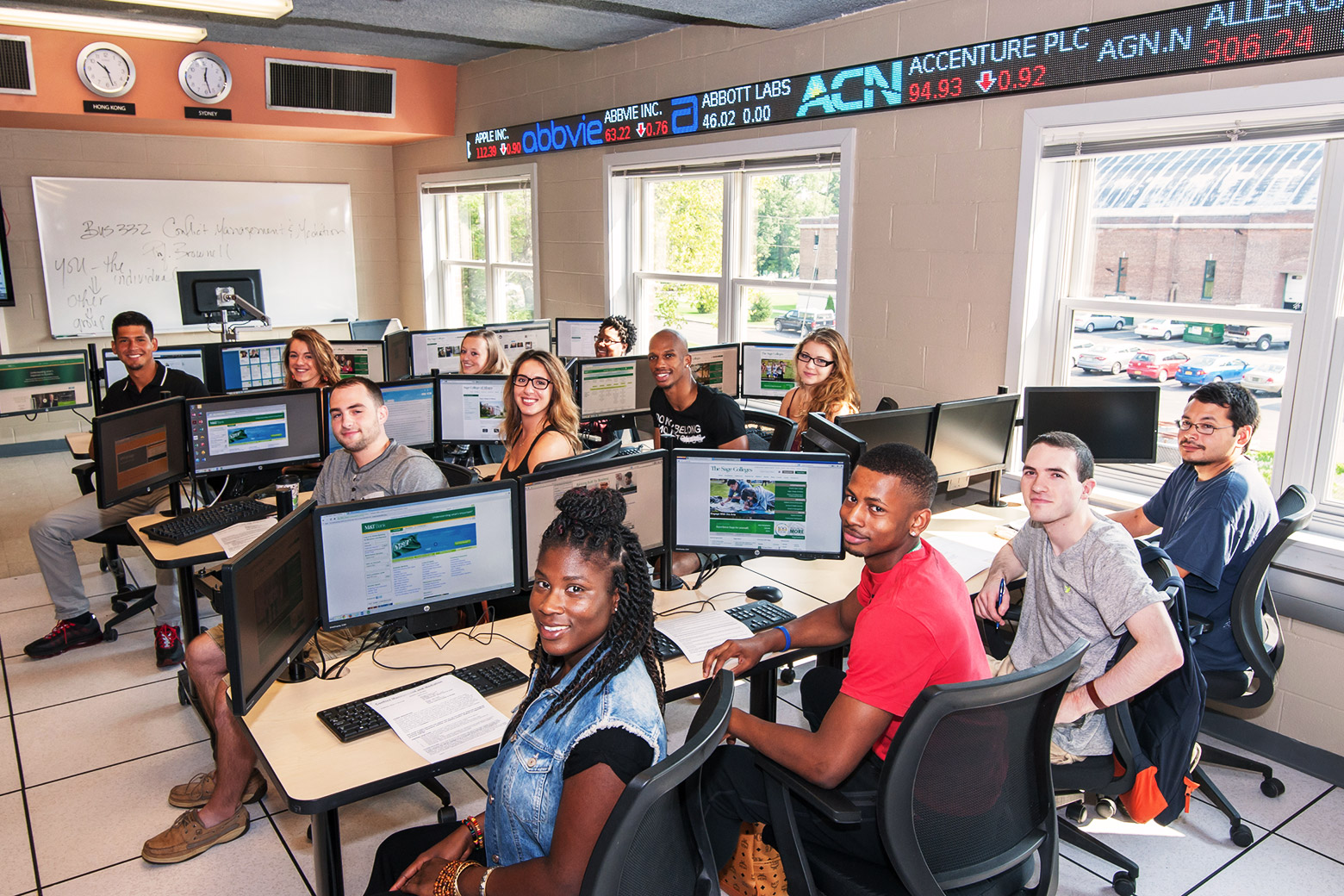
Program highlights
This master’s degree in business is just 30 credits (or 10 courses.) You’ll take courses in practical areas like critical thinking, organization design and development, human resources and management information systems.
You’ll also take an elective and you’ll participate in a capstone project.

In Person

Livestream

Online
What is Flex?
The Flex format allows students to choose how they take their graduate classes each week – in person, via livestream, or online on their own time – when other programs require students to commit to one format.
Course Requirements
Credits and Completion
Our master’s in Organization Management is designed to create knowledgeable and highly skilled managers in these important operational areas and in closely related areas of management. You will gain skills and knowledge within a framework of 30 credit hours or 10 courses.

Easily Apply
Apply by November 1 or March 1, and start when you’re ready.
Application Requirements:
- Official transcripts from all post-secondary institutions attended
- Two letters of recommendation
- A one- to two-page essay describing your career goals
- A resume
- An RSC graduate school application

Our organizational management master’s comes with a deep, Russell Sage-level of support from an assigned faculty advisor who works with you to ensure your success.

Your Future Career with a Master’s in Organizational Management
Whether you want to pursue a promotion at your current employer, or apply for a managerial role at another organization, Sage’s master’s program in Organization Management will prepare you for leadership roles in state and local government, health care, private corporations, manufacturing and service-based organizations.
Real World Content and Connections
As a student in Russell Sage College’s master’s program Organization Management, you won’t be lectured at. Instead, you will learn through case studies, lively discussions and a capstone project with a local business.
You’ll also get to network with government and nonprofit leaders, health care, finance and technology executives, and start-up entrepreneurs and small-business owners at school-sponsored events like employer panels and weekend-long business plan intensives.







